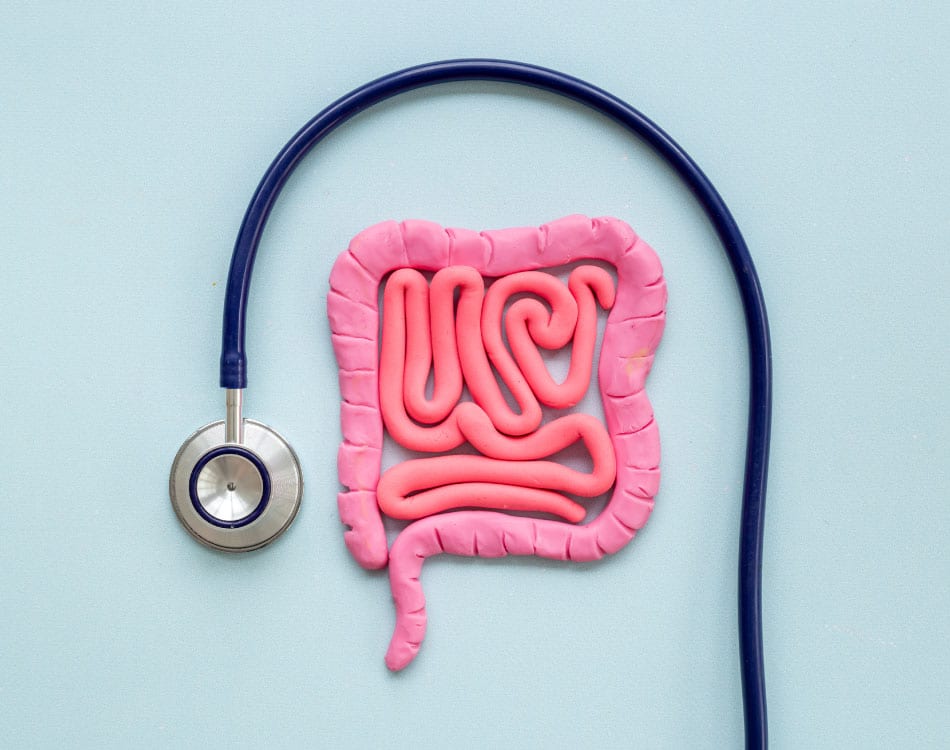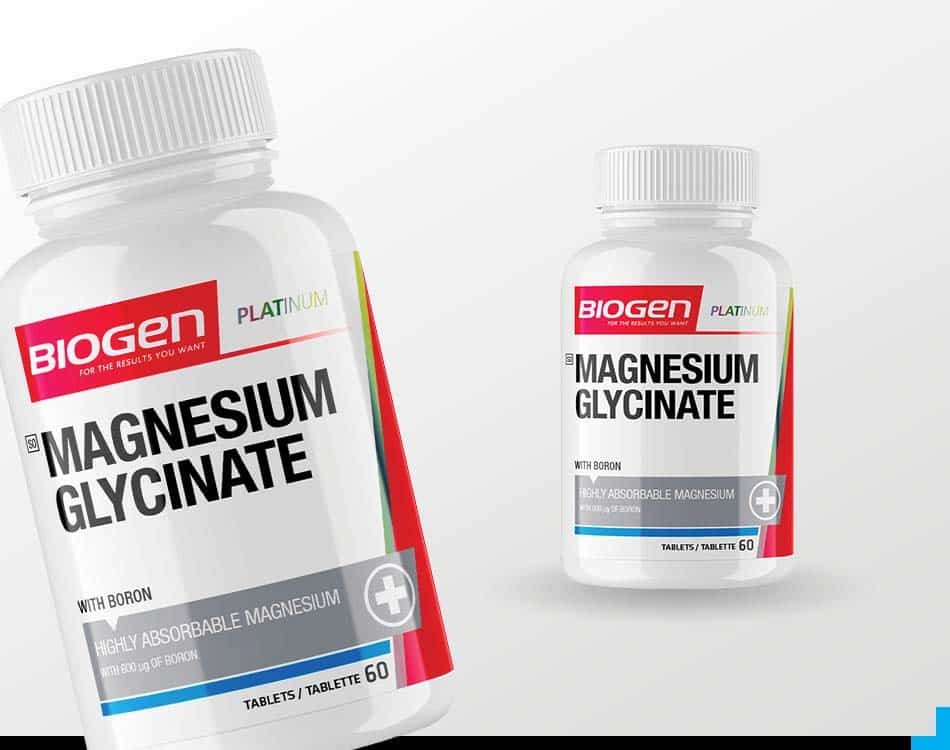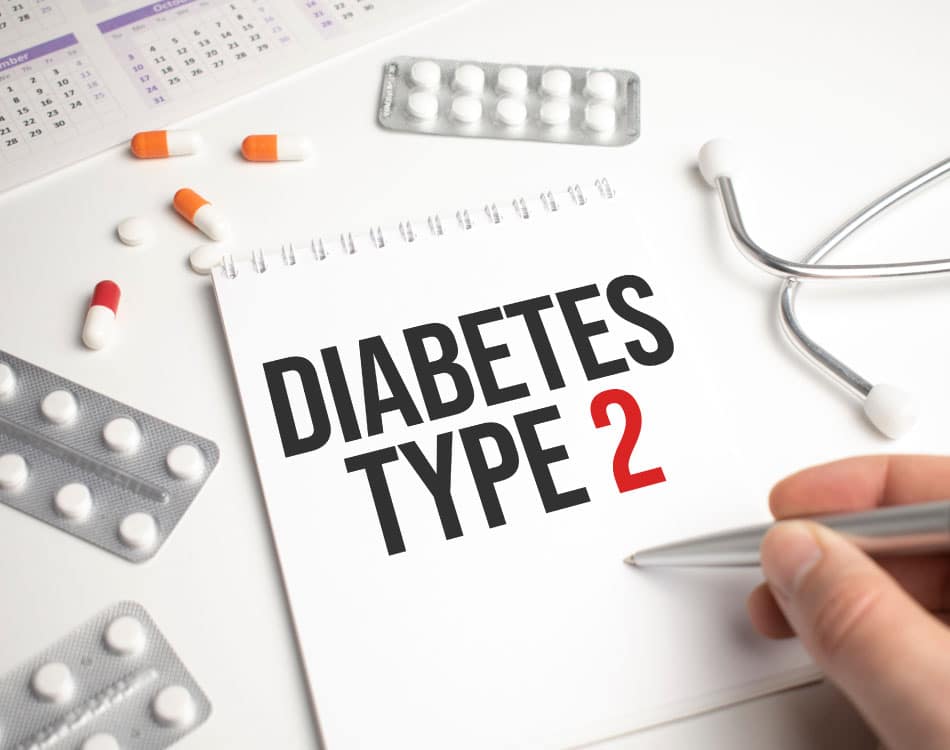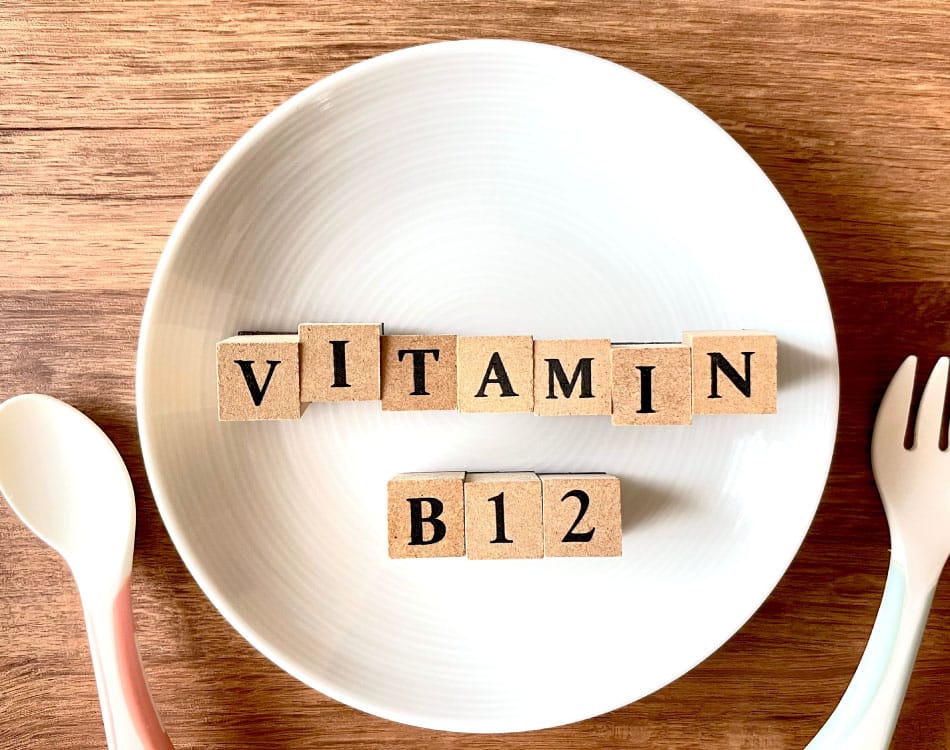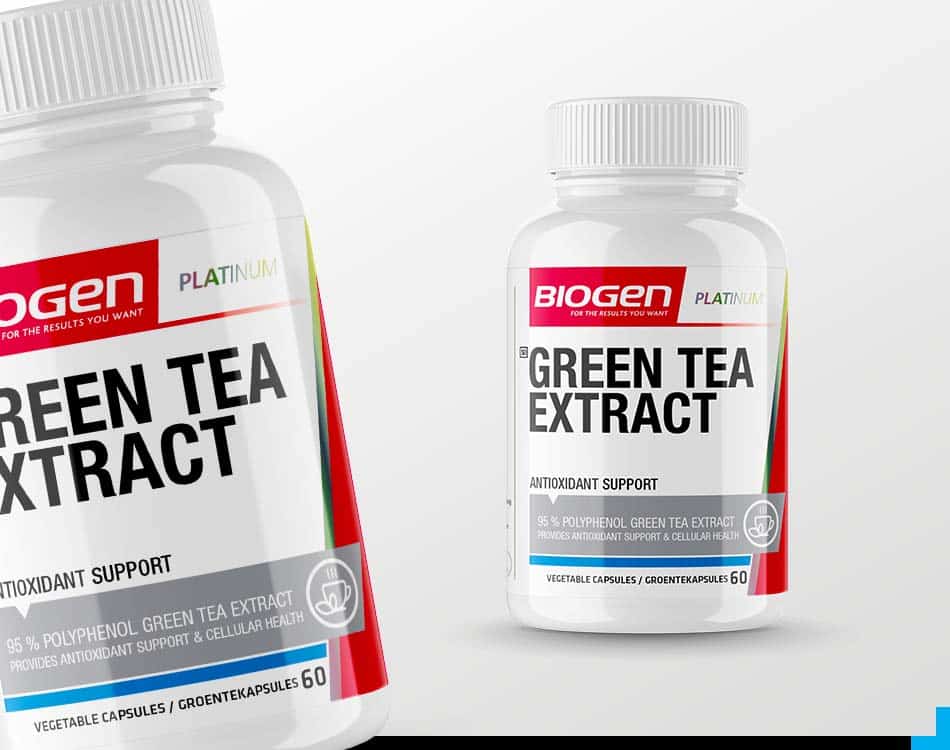While the worst of the Covid-19 pandemic is behind us, the virus prompted people around the world to focus on their overall immunity and immune system function, which remains a key health trend in 2023.
Various trend reports highlight the positive impact that the pandemic had on immune health and the proactive steps people now take to prevent, rather than treat, an infection.
You too can consider these immunity-linked health trends to strengthen your immune system as the winter cold and flu season approaches.
READ MORE | 5 Vitamins And Minerals That Could Boost Your Immune System This Winter
1. Holistic immunity
The body works as an integrated system, and so does your immune system. For example, your immune response depends on two main systems – the innate and the acquired immune systems.
- The innate immune system: The barriers that attempt to prevent foreign substances from entering and infecting the body, including physical, chemical and cellular barriers.
- The acquired immune system: Includes the different immune cells that work together to help the body fight infections.
This means the best way to strengthen your immune system is to focus on both aspects. In this regard, The Immunity Report1 by DSM released in August 2022, listed holistic immunity as a key trend for the year ahead. According to the report, “consumers are viewing immune health more holistically, learning about the lifestyle factors at play like sleep and stress.”
In response, supplement and nutritional brands are offering natural, nutrition-based solutions that help you better manage stress levels and improve sleep quality to support your immune system and general wellbeing.
READ MORE | What’s The Difference Between Good And Bad Gut Bacteria? We Explain
Living Fit Recommends
- Biogen Sure Sleep
- Dis-Chem Gold Sleep Complex
- Biogen Stress Relief
- Biogen Immuno Boost Powder
- Dis-Chem Gold Immune Support
- NPL Immune Pro+
- USN Vita C 1000 Super Immune
2. Vitamin D and probiotics to improve immune health
As part of the holistic immunity trend, more consumers are turning to supplements to help improve their immune health and overall wellbeing.
In a 2021 DSM survey, 36% of global consumers said they take more supplements than before and 69% take them to support their immune health1.
While vitamin C, B vitamins, vitamin A, zinc, echinacea, and co-enzyme Q10 are already common supplements used to improve immunity, consumers will likely add vitamin D and probiotics to their supplement plans as a growing body of research shows the important roles these products can play in optimal immunity.
Research shows how vitamin D acts as an immunomodulator2 (a chemical agent that modifies the immune response) to support immune system function.
Vitamin D works in the immune system by reducing levels of inflammatory proteins called cytokines3. It also helps to boost the production of antimicrobial proteins (B cells and killer T cells) that destroy invading germs and viruses as part of the adaptive immune system. Evidence4 also suggests that vitamin D plays an important role in our innate immunity.
With regard to probiotics, a consumer survey on dietary supplements conducted in 2021 by the Council for Responsible Nutrition, found that 48% of respondents who took probiotics identified immune health as a key reason for purchasing these products.
Probiotics support numerous important immune responses. For instance, they help to destroy pathogens4 like a virus, and play a role in immune cell (cytokine and white blood cell) production, which are important cell-signalling molecules in the immune system5.
Furthermore, findings from a randomised controlled trial show that probiotics can reduce the incidence, the number of episodes, and the severity of upper respiratory tract infections (URTIs)6.
READ MORE | Study Links Vitamin D Deficiency Pre-Infection To Severe Covid-19
Living Fit Recommends:
- Dis-Chem Gold Vitamin D3 1000iu
- Biogen Vitamin D3 Spray
- Biogen Supreme Probiotic
- Dis-Chem Gold Probiotic 9 Strain
References:
- The Immunity Report Dietary Supplements Edition. Volume 2 | August 2022.www.dsm.com/content/dam/dsm/human-nutrition/pdfs/immunity-report-2.0.pdf
- Immunomodulatory Effect of Vitamin D and Its Potential Role in the Prevention and Treatment of Type 1 Diabetes Mellitus—A Narrative Review Molecules. 2019 Jan; 24(1): 53. Published online 2018 Dec 24. doi: 10.3390/molecules24010053
- The Immunologic Profile of Vitamin D and Its Role in Different Immune-Mediated Diseases: An Expert Opinion. Nutrients. 2022, 14(3), 473; https://doi.org/10.3390/nu14030473
- Modulatory Effects of Probiotics During Pathogenic Infections With Emphasis on Immune Regulation. Front Immunol. 2021; 12: 616713. Published online 2021 Apr 8. doi: 10.3389/fimmu.2021.616713
- Probiotics Mechanism of Action on Immune Cells and Beneficial Effects on Human Health. Cells. 2023 Jan; 12(1): 184. Published online 2023 Jan 2. doi: 10.3390/cells12010184
- Probiotics for Preventing Upper Respiratory Tract Infections in Adults: A Systematic Review and Meta-Analysis of Randomized Controlled Trials. Evid Based Complement Alternat Med. 2020; 2020: 8734140. Published online 2020 Oct 26. doi: 10.1155/2020/8734140


